Nothing ruins a morning like a cold shower. Most hot water problems are easy to spot and can be fixed in under an hour. Below we walk through the top reasons your water isn’t heating, what you can safely do yourself, and the signs that it’s time to call a qualified repair service.
First, narrow down the source. If the tap is warm but never hot, the thermostat may be set too low or faulty. If there’s no hot water at all, the heating element or gas burner could have failed. A common culprit is a buildup of sediment in the tank – it blocks heat transfer and makes the water feel lukewarm.
Electrical water heaters also have a reset button on the thermostat. A tripped thermal cut‑off will stop heating until you press it back in. If the reset button trips repeatedly, it’s a warning sign of a deeper issue like a burnt element or a loose connection.
Start with the easy stuff. Turn off the power or gas supply, then check the thermostat setting – 120°F (49°C) is a good baseline. For electric models, locate the reset button (usually a red square) and press it. If the water heater is more than a year old, flush the tank to remove sediment. Connect a garden hose to the drain valve, open a hot tap nearby, and let the water run until it’s clear.
While you’re at it, inspect the heating element. Remove the access panel, test the element with a multimeter for continuity, and replace it if it reads infinite resistance. Replacing an element costs around £30‑£50 and takes under 30 minutes for most homeowners.
If you have a gas heater, look at the pilot light. A weak or flickering flame means the thermocouple may need cleaning or replacement. Cleaning the pilot assembly with a soft brush can restore a steady flame.
When these steps don’t bring back hot water, it’s time to call a professional. Persistent reset trips, strange noises, or leaks are signs of serious internal damage that require specialist tools.
Regular maintenance can prevent most hot water headaches. Schedule a yearly service, keep the tank set at a moderate temperature, and flush the system every 12‑18 months. Doing so extends the heater’s life and keeps your showers warm.
Bottom line: most hot water problems start with a simple fix – check the thermostat, reset the breaker, flush the tank, or replace a heating element. If you’ve tried these steps and still get cold water, don’t gamble on a DIY fix that could cause bigger damage. Call a certified appliance repair technician who can diagnose the issue safely and get your hot water back on track.
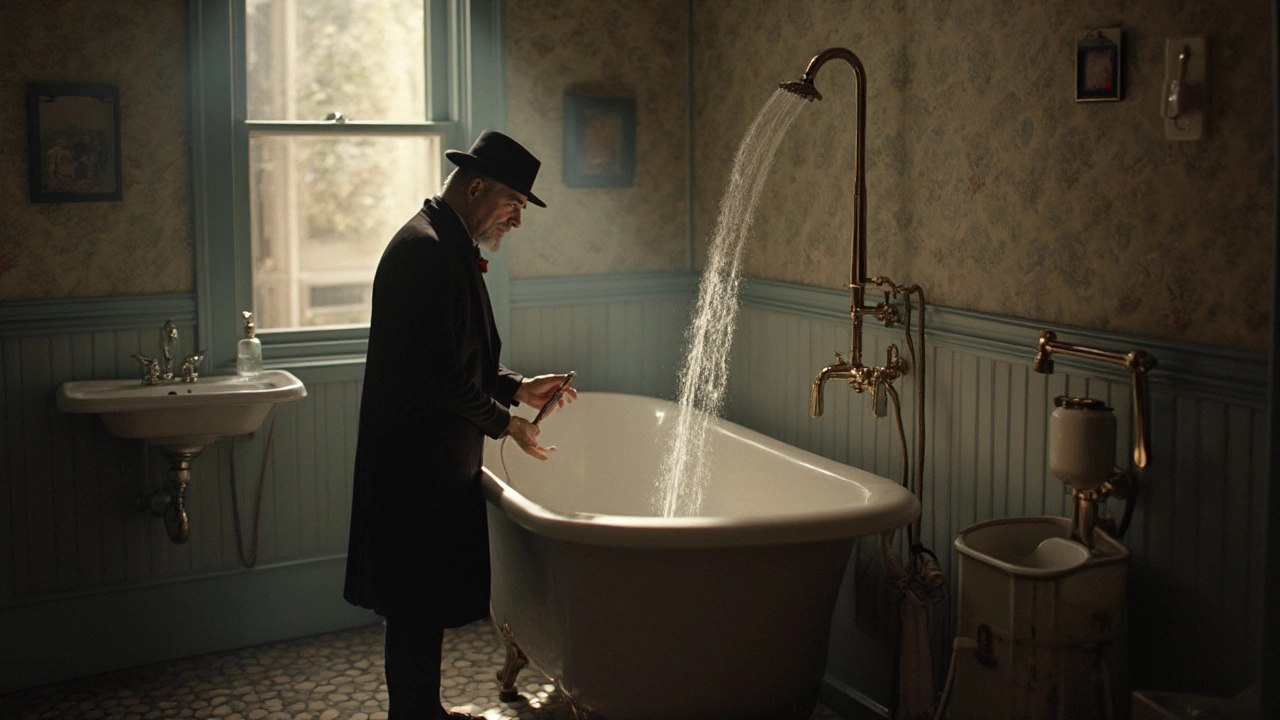
A puzzling situation arises when your shower lacks hot water while the sink heats perfectly fine. This article dives into possible reasons like different pipe routes, shower valve issues, and water heater capacity. It also offers practical solutions, such as checking the temperature settings and flushing the water heater to remove sediment. Understanding common plumbing malfunctions can lead to quick fixes without calling a professional.

Wondering if that decade-old laptop should stick around or be kicked to the curb? This article dives into the practicality, challenges, and potential of keeping a 10-year-old laptop. With tips on upgrading components, performance tweaks, and sustainability, you'll discover whether holding on to an old device is a wise choice. Including pros and cons, this guide offers straightforward advice for the tech-savvy and beginners alike. Explore the balance between nostalgia and functionality in the ever-evolving world of technology.
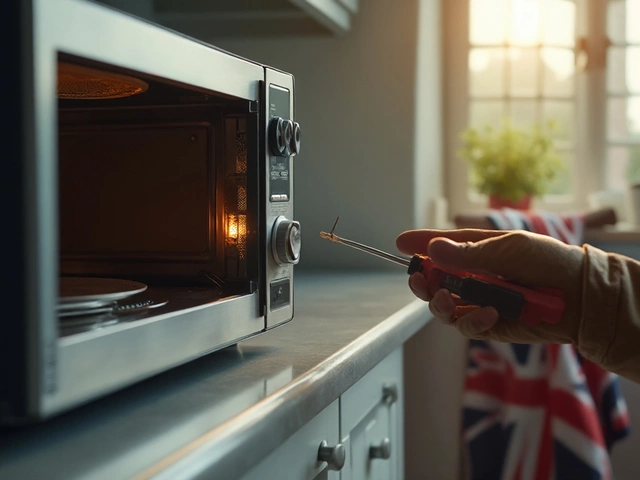
Learn fast how to spot a blown microwave fuse, test it safely, and replace it yourself. Step‑by‑step instructions, tools needed, and common pitfalls covered.
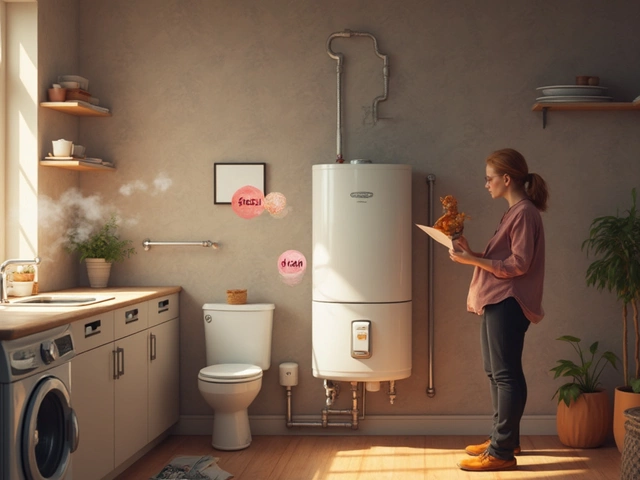
Wondering if you should flush or just drain your water heater? This article breaks down the difference, when each method makes sense, and what actually helps your water heater last longer. You'll find practical advice, simple tips, and a few things even pros forget. Discover the truth about tank cleaning—without the jargon or confusion. Your next maintenance day just got a lot less stressful.
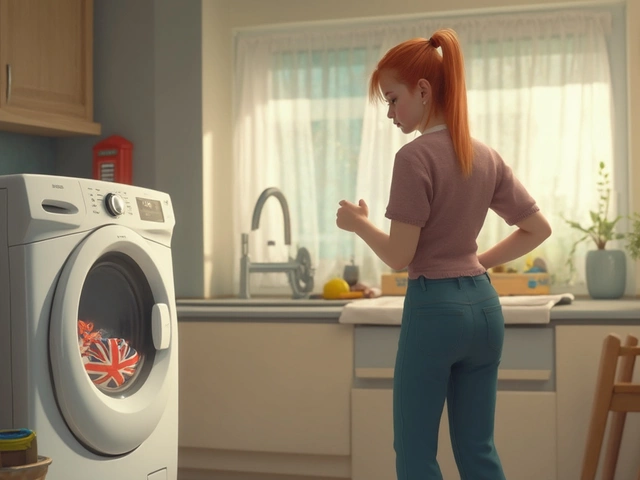
Ever found yourself standing in front of a stubborn washing machine that just won’t cooperate? It can be frustrating, right? This practical guide walks you through the simple steps to reset your washing machine, saving you from unnecessary headaches. From spotting common issues to quick fixes, you'll find all you need to get your washer back on track.
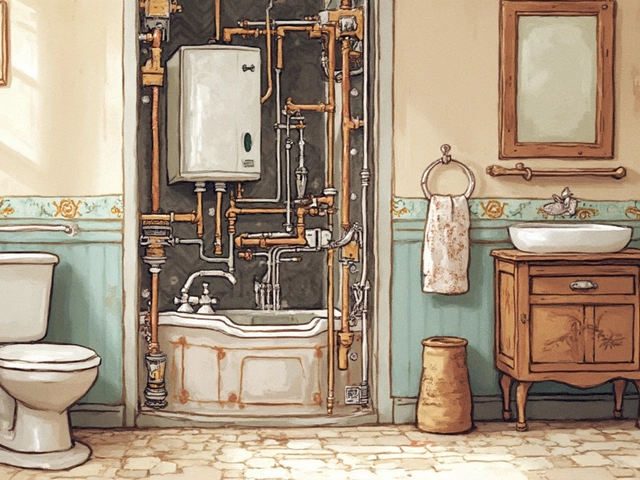
A failing water heater element can leave you in the chilly lurch just when you need a warm shower. Learn how to diagnose the problem with simple, straightforward steps. This guide covers common symptoms, testing methods, and practical tips for handling a faulty element. We'll explain what's involved and offer insights for DIY repair or knowing when to call a professional.